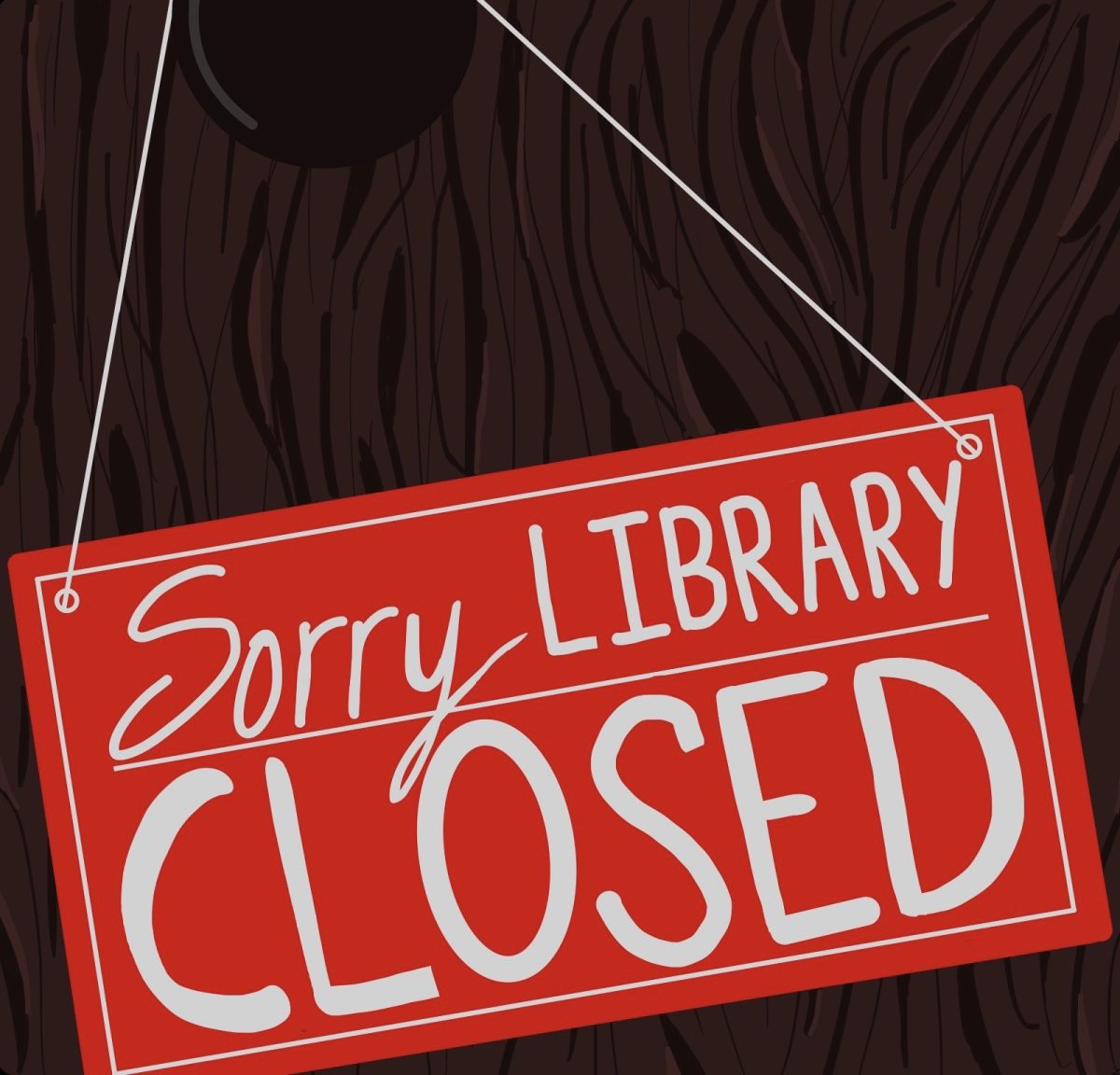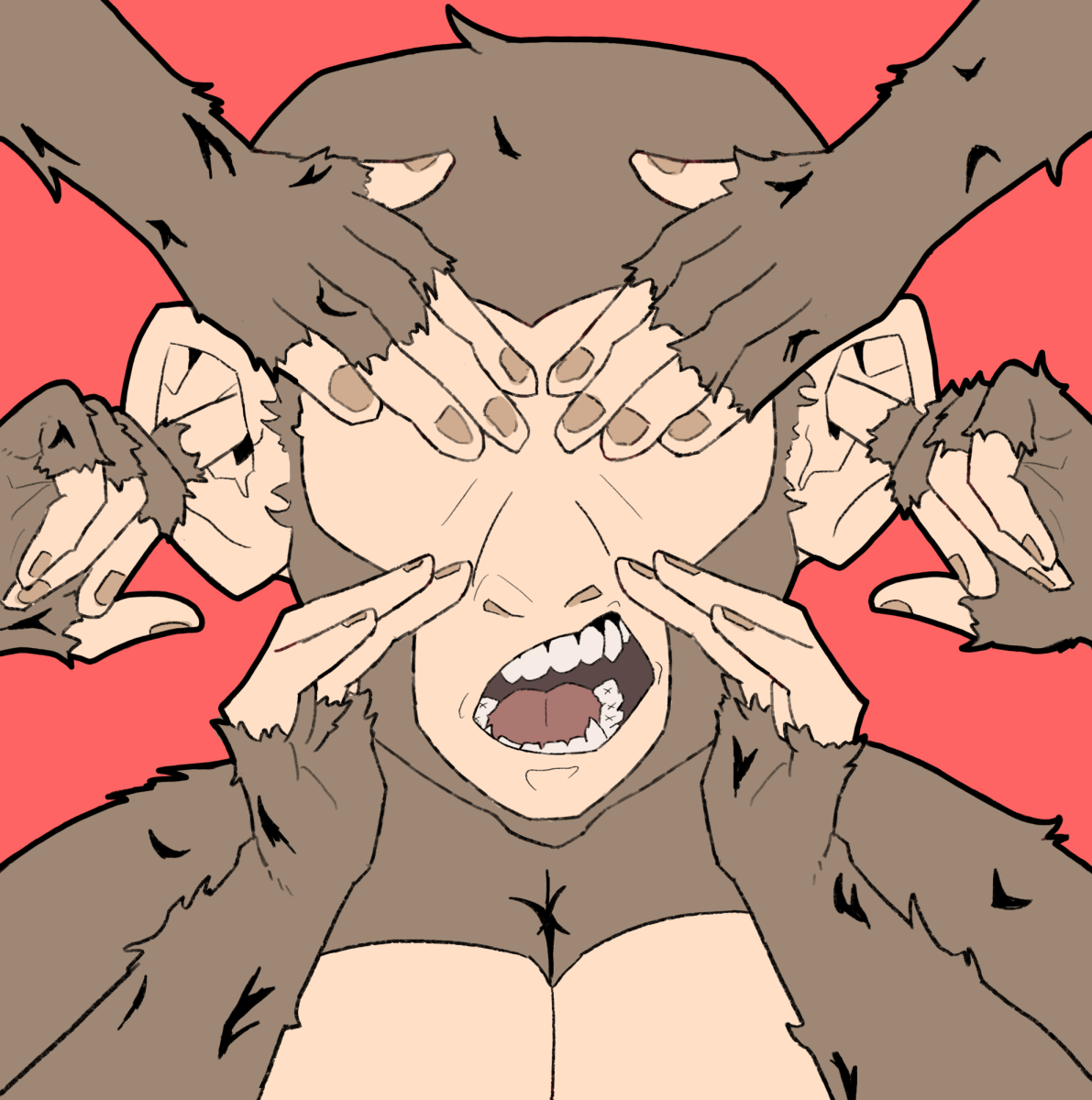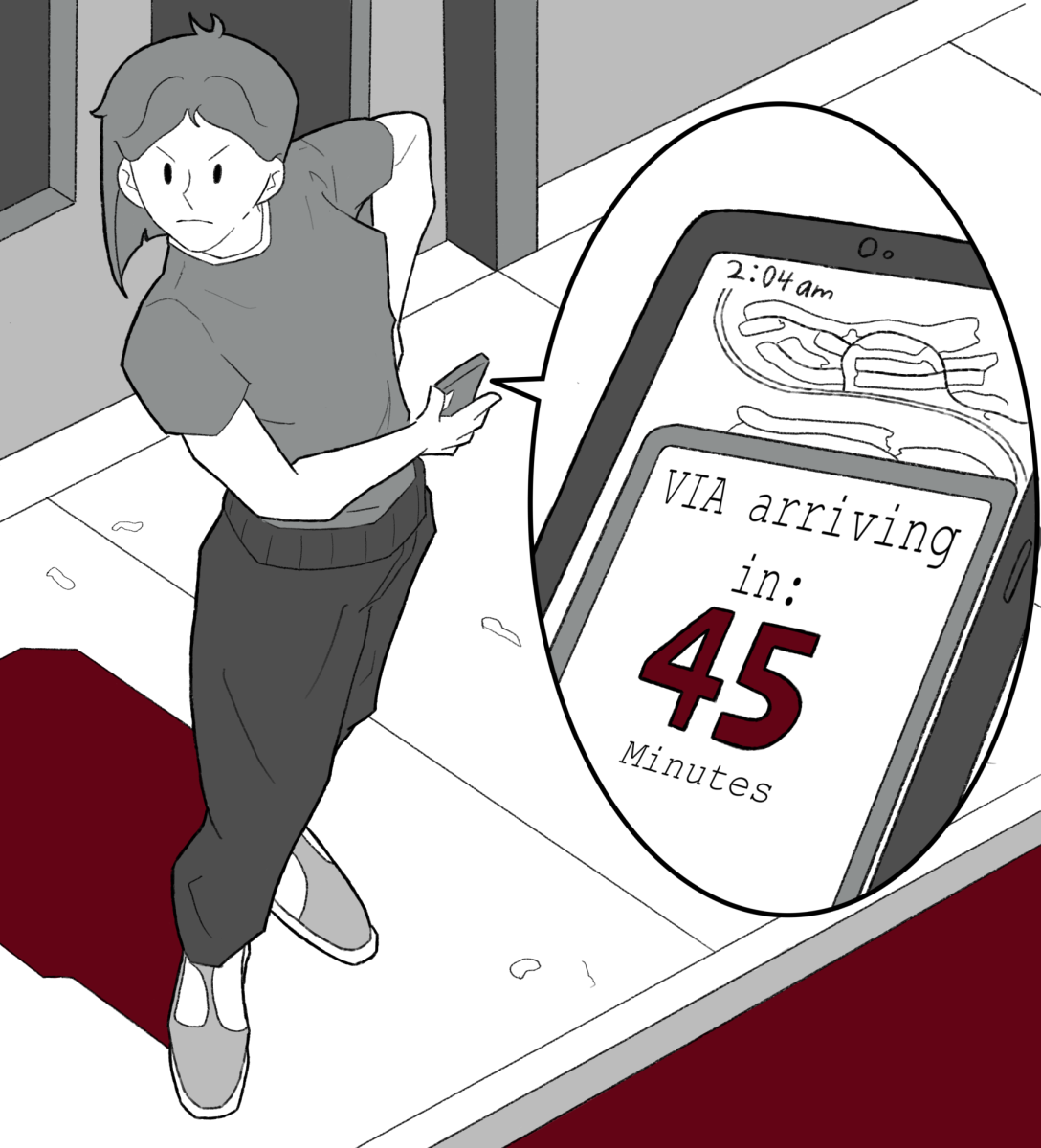There is a phenomenon that happens so often in this country that it’s as American as baseball, apple pie, and states’ rights—shooters (generally white males) massacring scores of innocent people. After each of these shootings, we, on- and off-campus, reignite the debate over the definition of terrorism. Noteworthy publications, like Rolling Stone, will label the shooter a “domestic terrorist,” while others will claim that he is a “lone wolf.” So, should we use the word “terrorism” to describe events like the Las Vegas shooting?
The short answer: no. There are certainly examples of American mass shootings that feel more like terrorism because the shooters had more expressly radical goals. Think the Planned Parenthood shooter, who was steadfastly convinced of the immorality of abortion, or Dylann Roof, who was motivated by racial animus. Because they vocalized their beliefs before or after their crimes, they were able to develop and identify with fringe communities not usually associated with sensible Americans. But we cannot paint all violence with a single brush: The majority of mass shooters do not act in the name of a cause and are not parts of ideological networks. Random shooting-at-will is axiomatically not the same as organized, targeted attacks on specific demographics of people.
Using the word “terrorism,” because it’s so strongly associated with obvious and communal radicalization, can de-emphasize how many of these shooters are actually woven into the fabric of American society. We call them “terrorists” as a way to other-ize them. Many use the word with good intentions, because it offers a strong condemnation of white shooters, who previously were sanitized as “lone wolves” unlike their Muslim counterparts. However, it also shows how our society finds it so repulsive that seemingly innocuous people—people who walk among us—could perpetrate such acts of violence, that we attempt to categorize them with those who were distinctly on the fringes of society. In the same way that many of us liberals on campus were stunned after the 2016 presidential election upon finding out that swaths of silent Americans held such objectionable views, our fellow Americans who are willing to commit these acts are inconspicuous in their radicalism, unlike typical terrorists.
Instead of evaluating how, especially among the white population, fanaticized gun culture is a fundamental part of American society, we give these shooters a label and separate them from the rest of us. Americans don’t have to reckon with themselves if it’s merely terrorists committing these atrocities. In the case of mass shootings, there is generally little reason to suspect that people are capable of and willing to commit such acts—that’s why the families and friends of those who commit these shootings are often shocked when they learn of the actions of their loved ones. The people capable of committing these shootings are not political extremists; they are not people who are somehow separated from us. Our society’s fetishization of guns, and the accessibility of such weapons, allow ordinary people to do horrible things. And nothing short of a fundamental change in American society will stop these acts of horrific violence from continually plaguing us.
Ashton Hashemipour is a second-year in the College majoring in political science.








